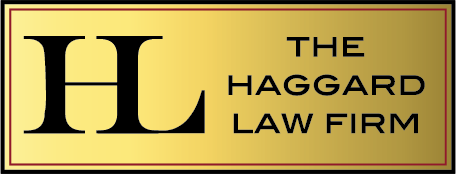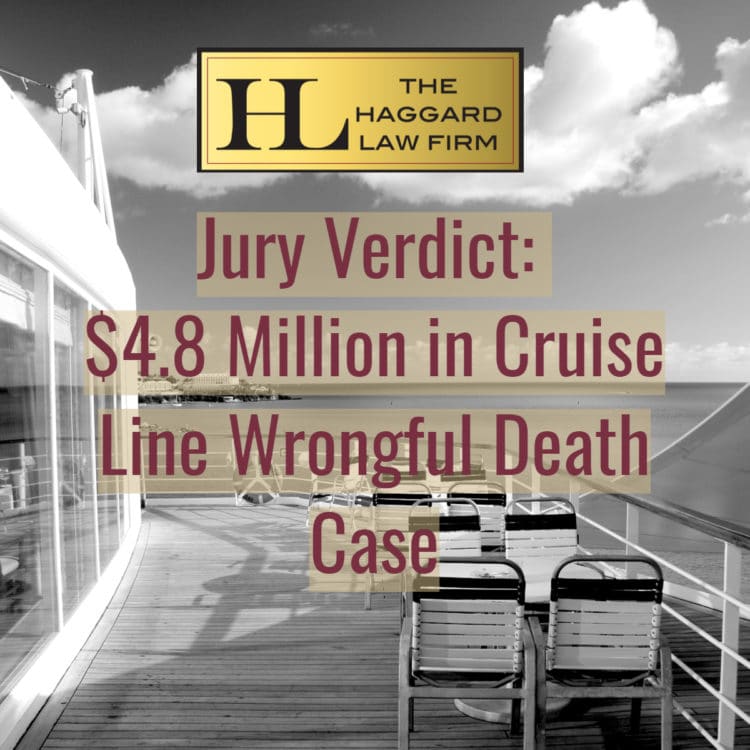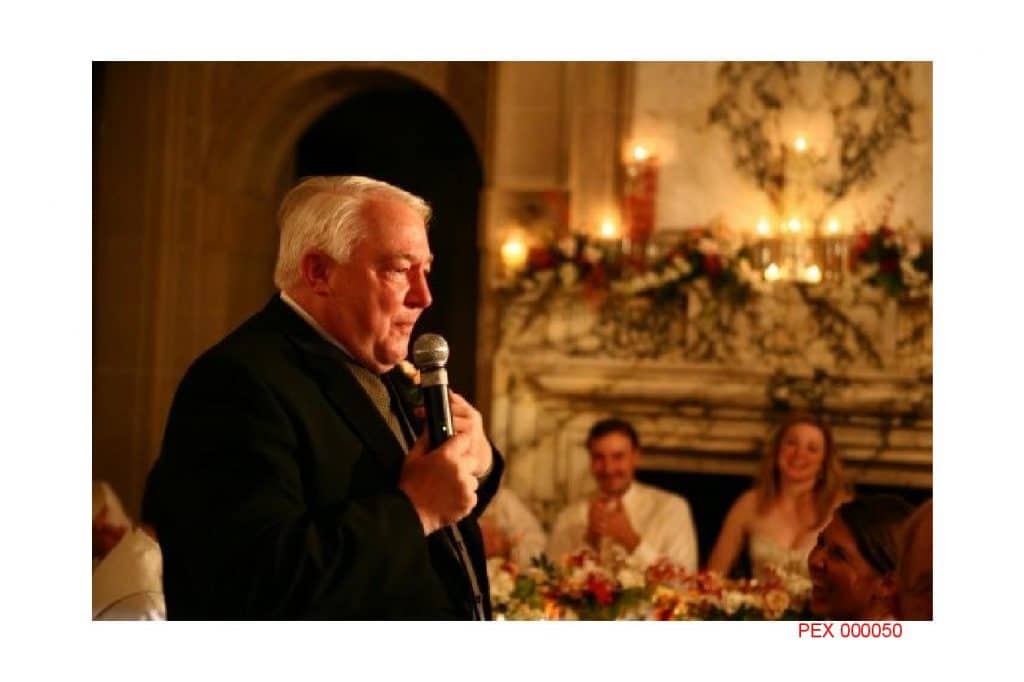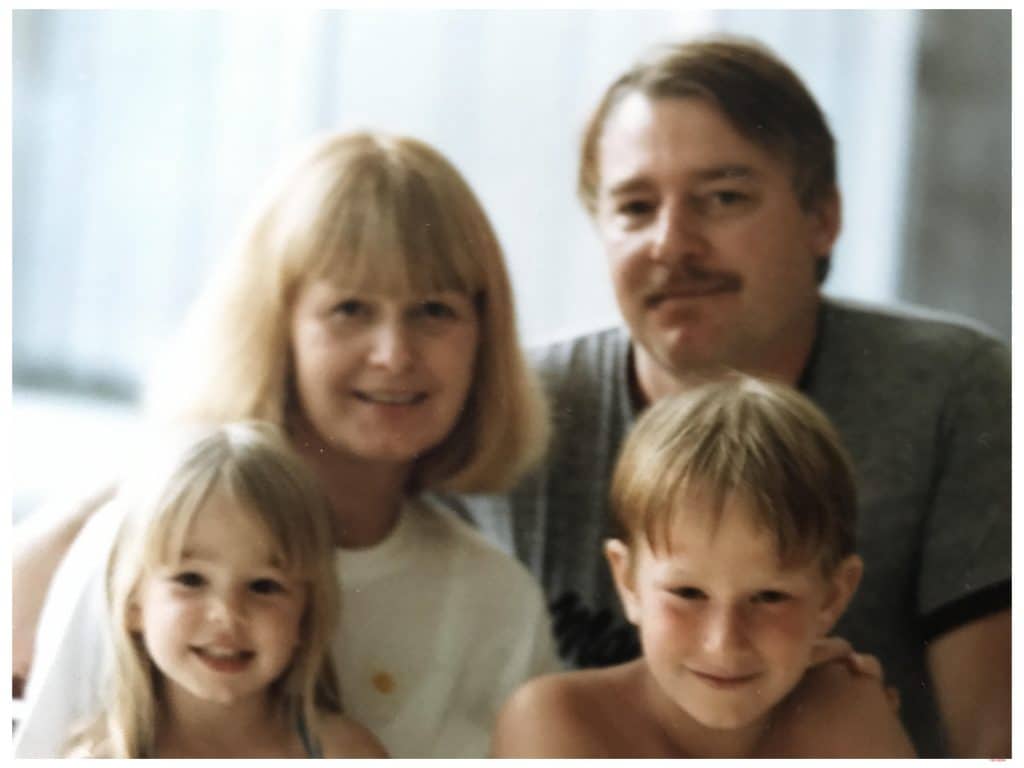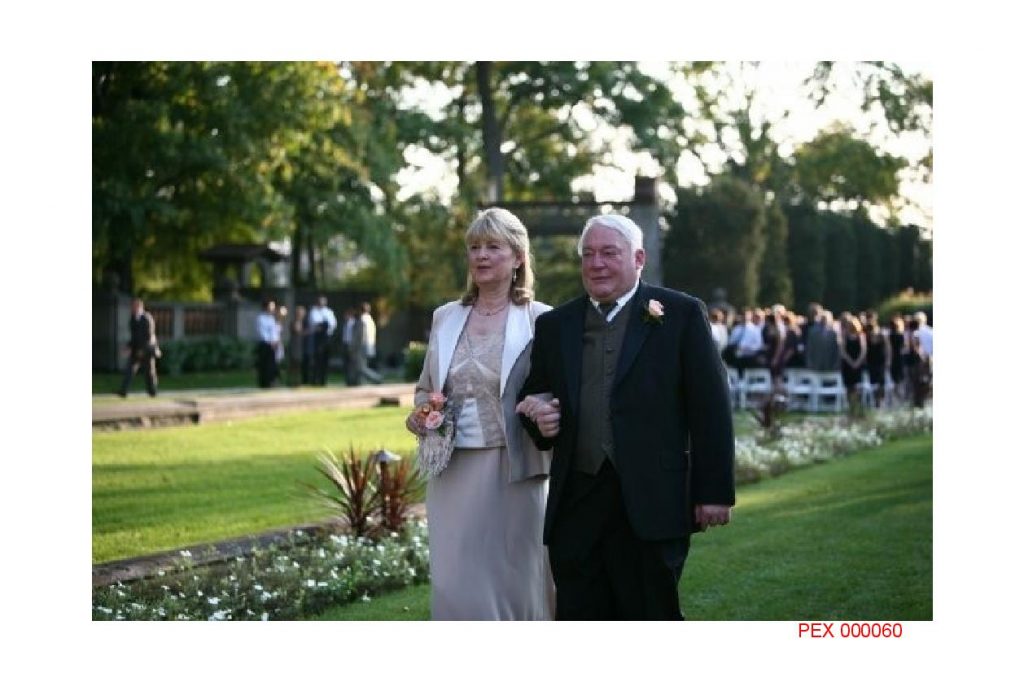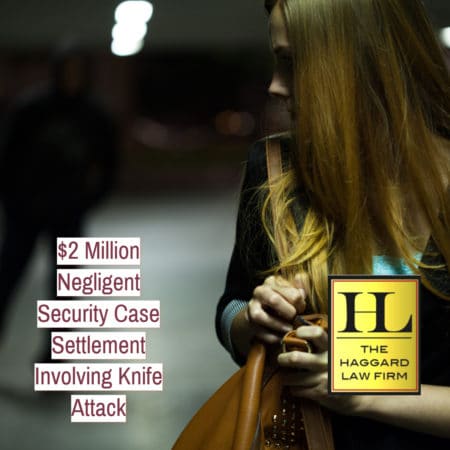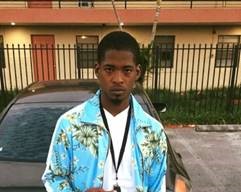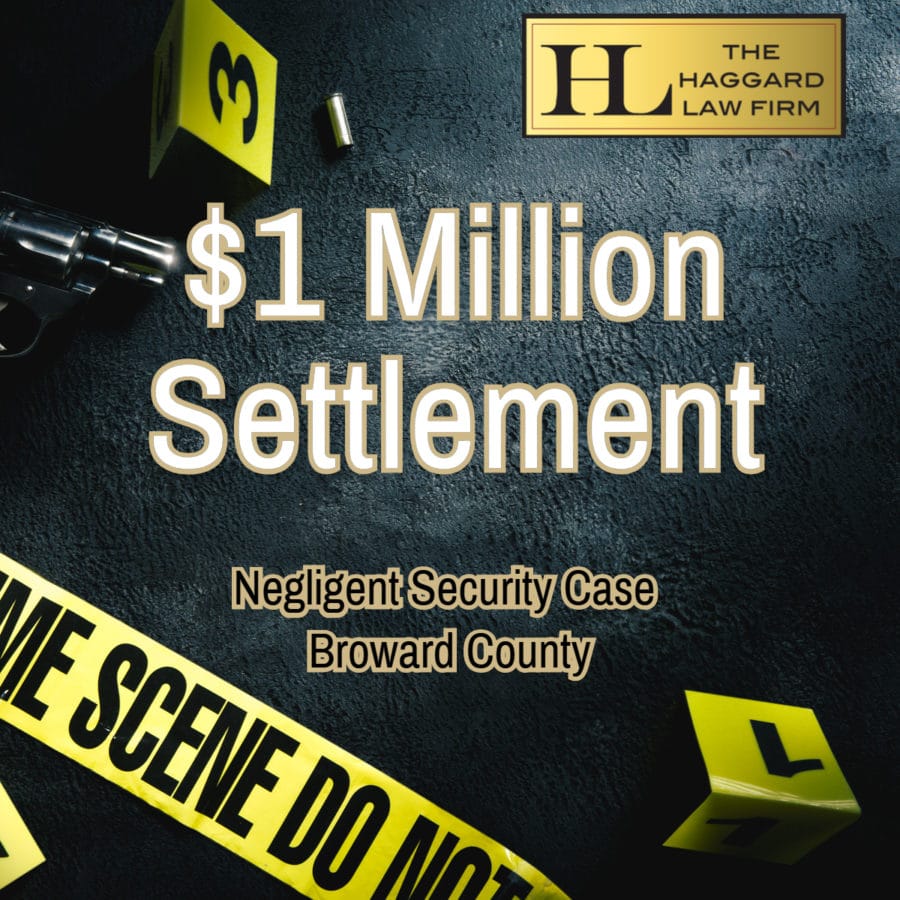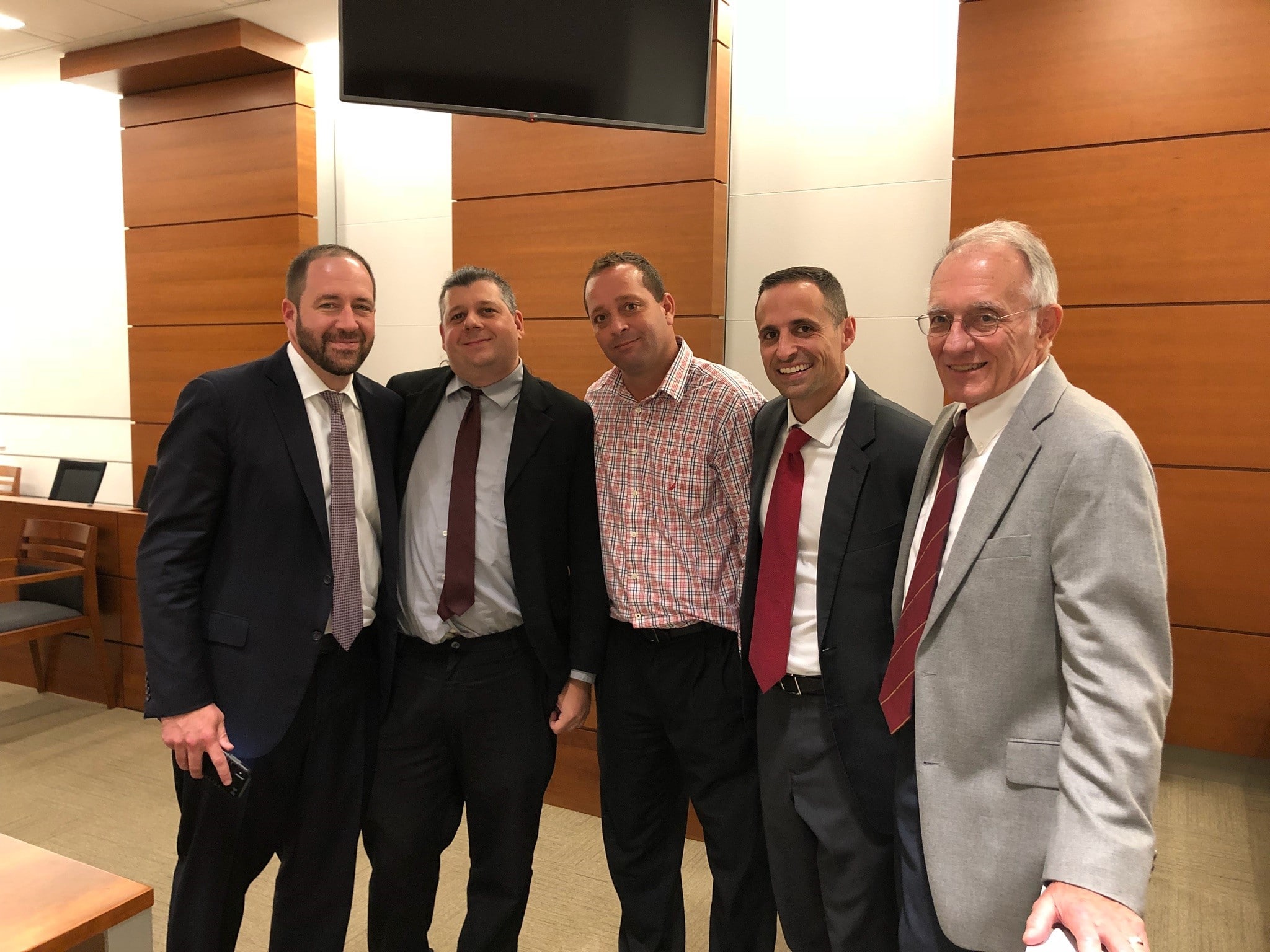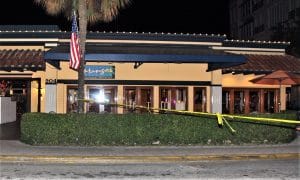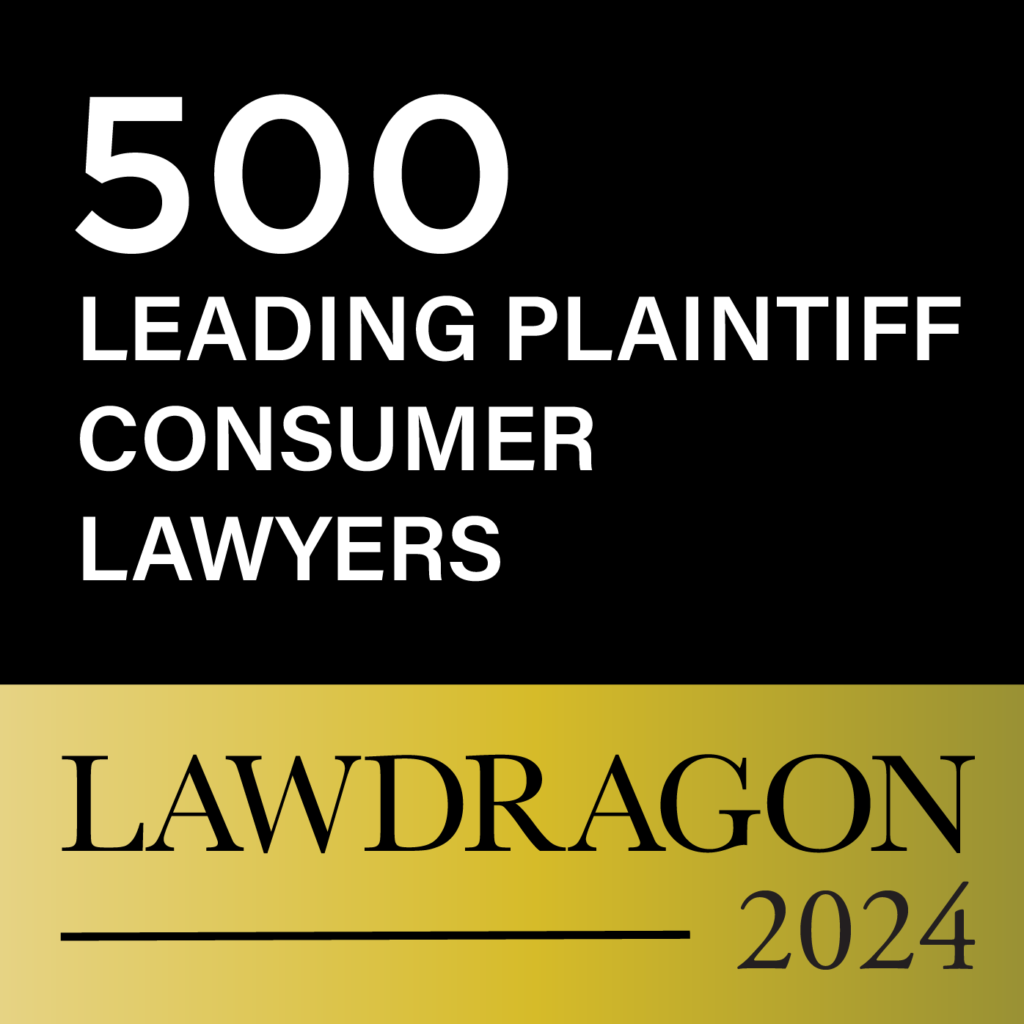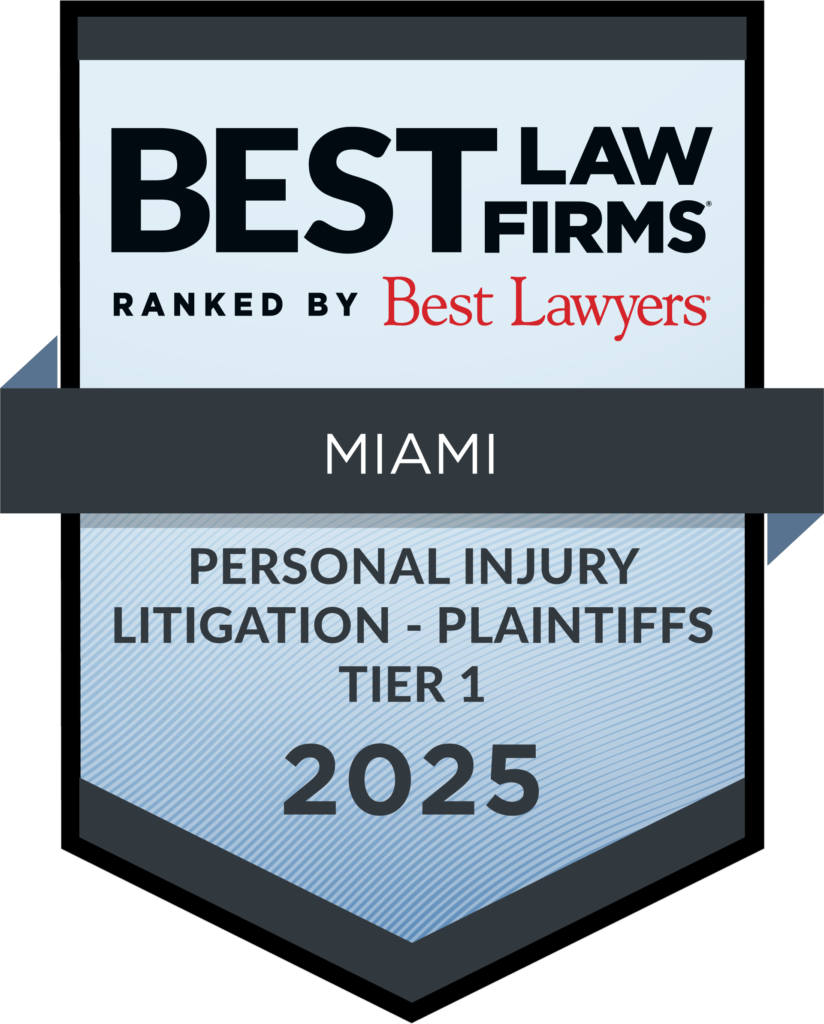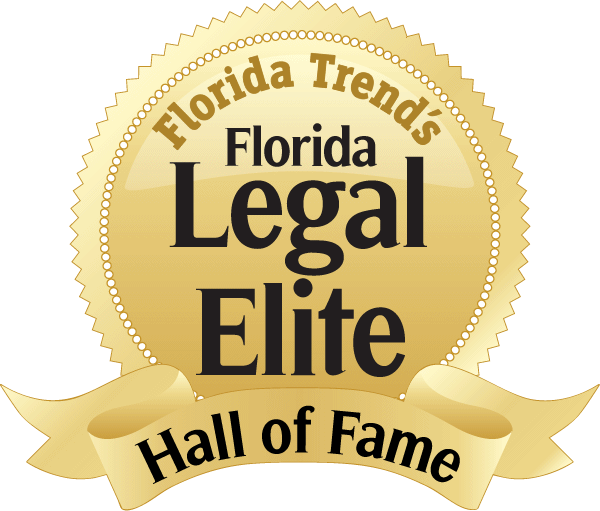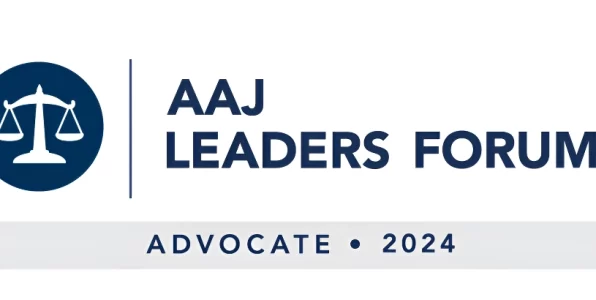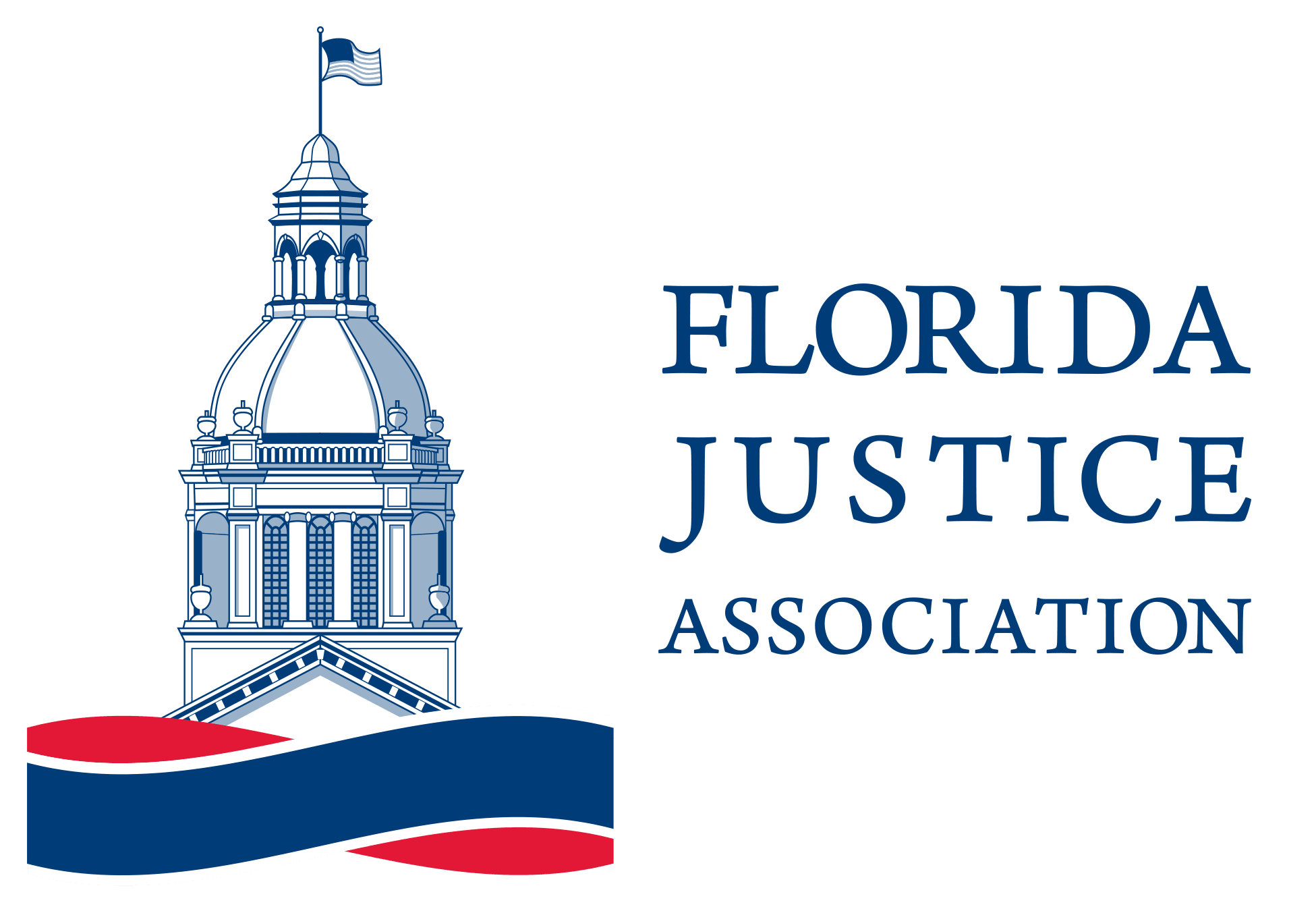Press Conference Scheduled 12/18/18
Mother of a 12 Year Old Murdered By a Convicted Sex Offender Says Owners/Managers of an Apartment Complex Could Have Prevented the Tragedy
Pensacola, FL – Shantara Hurry, the mother of 12-year-old Naomi Jones, who police say was murdered by convicted sex offender Robert Howard in 2017, is filing a negligent security lawsuit against those responsible for the apartment complex where her daughter was kidnapped.
Jones went missing from her apartment located at 1460 E. Johnson Avenue in Pensacola, Florida on May 31, 2017. The disappearance captivated and mobilized the community to find Naomi. Her remains were eventually found in an Escambia County creek on June 5. Two days later, Howard was arrested and charged with the kidnapping and murder. The 39-year-old convicted sex offender lived in the same complex as the 12-year-old girl and her family.
The lawsuit against the owners of that apartment complex, Aspen Village Acquisition, and the management company, Progressive Management of America, highlights that the two companies should have known or knew that they were allowing a convicted sex offender, Howard, to live in the complex. The lawsuit adds that apartment ownership and management “breached its duty of reasonable care by permitting an unregistered sex offender to reside upon the Premises, thus allowing the offender continual, unfettered access to young children and others upon whom persons with his predilections are known to prey.”
The Haggard Law Firm is representing Jones’ mother in the case. Trial lawyer Christopher Marlowe (email CLM@HaggardLawFirm.com) says for the family the press conference and lawsuit is about holding everyone accountable for this tragic loss and preventing it from happening again.
“Ms. Hurry wants to bring attention to this civil action (lawsuit) in hopes that it will motivate all apartment complex owners and managers to exercise actionable, logical and moral care by never allowing offenders to live in their property, giving them access to children,” says Marlowe.
Press/Media Conference Details
- 11 AM on Tuesday, December 18th, 2018
- 820 North 12th Avenue Pensacola FL 32501 (Law Office of Samuel Bearman)
- Speaking: Shantara Hurry, Naomi Jones’ mother, Christopher Marlowe, The Haggard Law Firm, Trial Lawyer
- News Media contact: J.P. Hervis, Brandstory Communications, JP@BrandstoryCommunications.com
